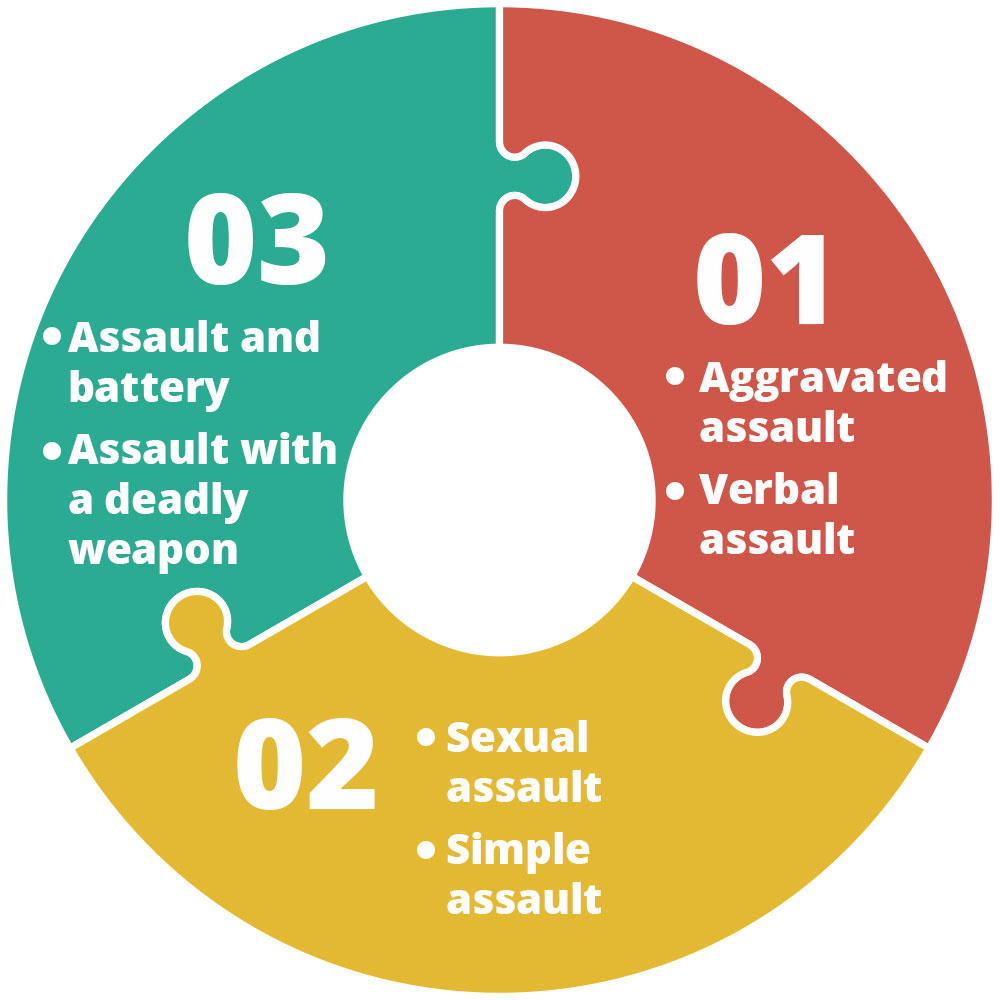Self-defense can be a compelling disagreement in court, but it's not constantly straightforward. You require to think about how your actions line up with local legislations and the special circumstances of your circumstance. Aspects like the immediacy of the hazard and the symmetry of your feedback play vital functions. So, what do criminal lawyers really think about self-defense cases, and just how can you prepare your case effectively?
Recognizing the Lawful Definition of Self-Defense
When you think of self-defense, it's vital to comprehend its legal definition, as it differs dramatically from one jurisdiction to one more.
Normally, protection entails making use of reasonable force to secure on your own from impending harm. Nonetheless, the specifics can vary considerably. Some states allow for "stand your ground" regulations, implying you do not have to pull back prior to making use of pressure, while others need you to attempt to get away ideally.
The level of force considered "sensible" likewise differs; what serves in one place mightn't remain in one more. Recognizing these subtleties can be crucial if you're ever before in a situation where self-defense ends up being a factor in lawful process.
Constantly consult a legal expert to browse the complexities of self-defense legislations in your area.
Elements Affecting the Acceptance of Protection Claims
Although self-defense legislations differ by jurisdiction, numerous vital elements influence just how insurance claims are accepted in lawful proceedings.
First, the regarded immediacy of the danger plays a crucial function. Courts frequently analyze whether you acted in the heat of the moment or had time to retreat.
Next off, the proportionality of your action issues. If your response appears too much contrasted to the risk, your case might weaken.
In addition, the reliability of your testament and proof, such as witness accounts or physical evidence, significantly influences approval.
look at this site of the situation, including your prior relationship with the assailant, also enters play.
Understanding these variables can help you assess the likelihood of your self-defense insurance claim being maintained in court.
Study: Protection in Practice
Understanding just how self-defense claims play out in real-life situations can offer useful understandings right into their legal implications.
In one notable case, a home owner fired an intruder who endangered him with a weapon. The court discovered the property owner's actions warranted, as he reasonably perceived an instant danger to his life.
In one more instance, a lady faced attack yet struck back, harming her enemy. Although she claimed self-defense, the court ruled versus her because of inadequate evidence of a prompt risk.
These instances highlight the critical value of context, proof, and assumption in self-defense cases. Understanding these nuances can assist you much better comprehend how self-defense arguments are reviewed in court and the possible outcomes of comparable circumstances.
Conclusion
In conclusion, protection can be a legitimate lawful disagreement, yet its success depends upon several elements, including the immediacy of the risk and the symmetry of your feedback. official website to understand your local regulations and collect qualified evidence to support your insurance claim. If you ever find yourself in a scenario where protection could apply, don't think twice to look for skilled legal advice to browse the complexities and develop a solid protection.
